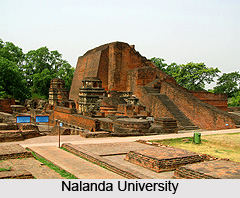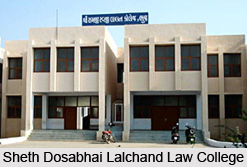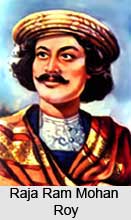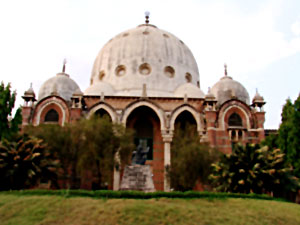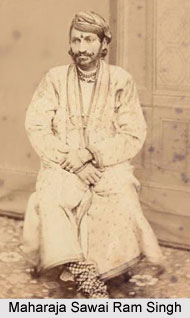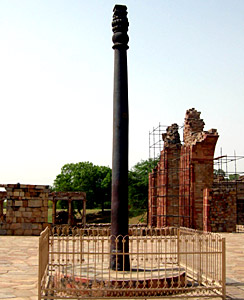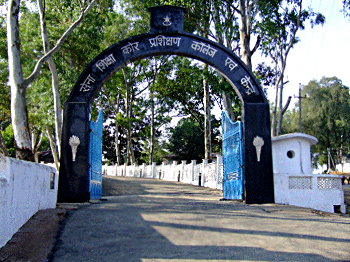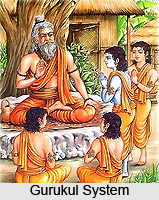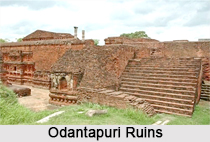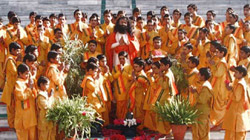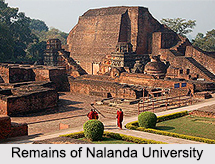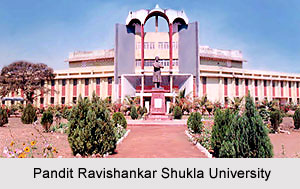 Pandit Ravishankar Shukla University was founded in 1964 and is named after the first chief minister of Madhya Pradesh. It is located in the western part of the Raipur, the capital of Chattisgarh. It has twenty-nine departments and provides undergraduate, postgraduate and doctoral courses. This is the largest and oldest institution of the state.
Pandit Ravishankar Shukla University was founded in 1964 and is named after the first chief minister of Madhya Pradesh. It is located in the western part of the Raipur, the capital of Chattisgarh. It has twenty-nine departments and provides undergraduate, postgraduate and doctoral courses. This is the largest and oldest institution of the state.
The schools and departments in the University are: School of Studies in Adult, Continuing Education & Extension, School of Studies in Ancient Indian History, Culture and Archaeology, School of Studies in Anthropology, School of Studies in Biotechnology, Centre for Regional Studies and Research, Centre for Woman Studies, School of Studies in Chemistry, School of Studies in Comparative Religion and Philosophy, School of Studies in Computer Science, School of Studies in Economics, School of Studies in Electronics, Institute of Teachers Education, School of Studies in Geography, School of Studies in Geology and Water Resource Management, School of Studies in History, Institute of Management , Institute of Pharmacy, Institute of Tourism and Hotel Management, School of Studies in Law, School of Studies in Library and Information Science, School of Studies in Life Sciences, School of Studies in Literature and Languages, School of Studies in Mathematics, School of Studies in Physical Education, School of Studies in Physics, School of Studies in Psychology, School of Studies in Sociology, School of Studies in Statistics and University Institute of Technology.
Courses offered include:
Undergraduate courses: Pharmacy (B.Pharm.), Library & Information Sciences (B.Lib. & I.Sc.), Physical Education (B.P.Ed.), Law (B.A.-L.L.B.), Computer Science (B.C.A.), Education (B.Ed.).
Post graduate: M.Lib. & I.Sc., M.P.Ed., M.Pharm., M.Ed., M.A. (Hindi, English, Economics, Education, History, Linguistics, Geography, Psychology, Sociology, Anthropology, Ancient Indian History and Archaeology, Comparative Religion and Philosophy), L.L.M., M.C.A., M.B.A., M.Sc. (Bioscience, Microbiology, Biochemistry, Physics, Chemistry, Statistics, Geology & WRM, Mathematics, Electronics, Biotechnology, Computer Sciences).
M.Phil., Ph.D., D.Lit., D.Sc. Diploma/PG Diploma: German, French, English, Psychological Guidance & Counselling, Environmental Science, Remote Sensing & GIS, Watershed Technology, Yoga Education & Philosophy, Regional Planning & Development, Adult Education & Extension, Tourism & Hotel Management, Marketing Management, Criminology & Forensic Science, Personnel Management & Industrial Relations. Certificate courses: Translation, Watershed Technology, Yoga Education & Philosophy.
